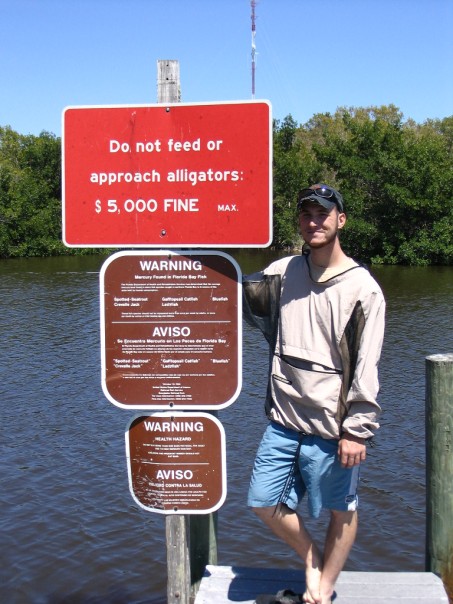LOS ANGELES - A federal judge issued a temporary restraining order Monday barring the Navy from using a high-intensity sonar allegedly harmful to marine mammals during a Pacific warfare exercise that began last week.
The order, sought by environmentalists, came three days after the Defense Department granted the Navy a six-month exemption from certain federal laws protecting marine species in its use of "mid-frequency active sonar."
The exemption was obtained to circumvent pending litigation, Joel Reynolds, a lawyer with the National Resources Defense Council, charged in a teleconference with reporters.
The NRDC and other organizations filed suit last week to stop the Navy's use of the sonar in the Rim of the Pacific 2006 exercise off Hawaii. The use of sonar in the war games was set to start Thursday.
The exemption temporarily relieved the Navy from the requirements of the Marine Mammal Protection Act. But U.S. District Judge Florence-Marie Cooper based her order on a different set of environmental laws, the National Environmental Policy Act.
Cooper wrote that the plaintiffs "have shown a possibility that RIMPAC 2006 will kill, injure, and disturb many marine species, including marine mammals, in waters surrounding the Hawaiian Islands."
The Navy's failure to prepare an environmental impact statement or otherwise take a "hard look" at the environmental impact of war games was an "arbitrary and capricious" violation of NEPA, Cooper wrote.
Government lawyers were reviewing the ruling and the Navy will probably have a response shortly, said Jon Yoshishige, a spokesman for the U.S. Pacific Fleet in Hawaii.
The sonar exercise is intended to train sailors to detect and hunt stealthy submarines. Some wildlife authorities and advocates believe the sound waves harm whales and other mammals, possibly by damaging their hearing.
On June 27, the National Oceanic and Atmospheric Administration came to an agreement with the Navy permitting the use of the sonar. It was the first time such a permit had been granted to the Navy.
NOAA determined that the exercise would cause no significant environmental impact, and concluded that the Navy's use of the sonar was not likely to jeopardize the continued existence of threatened and endangered species - including the Hawaiian monk seal - in the exercise areas.
On June 28, the NRDC filed suit in Los Angeles, joined by the International Fund for Animal Welfare, Cetacean Society International and the Ocean Futures Society.
In her ruling, Cooper also ordered the parties to meet to discuss mitigation measures to avoid further litigation.
"We think the proposals we have been making for months now are reasonable," said Richard Kendall, a private lawyer representing the NRDC. "We also think if we sit down with the Navy we can work out the best way implement those proposals."
Kendall said the NRDC had no intention of halting the Navy exercises, which are scheduled to continue to July 28.
Cooper's order was to remain in effect until July 18, when a hearing will be held on whether to replace the temporary restraining order with a preliminary injunction. Lawyers were also ordered to report by July 12 on the results of their meeting.
Subscribe to:
Post Comments (Atom)




No comments:
Post a Comment